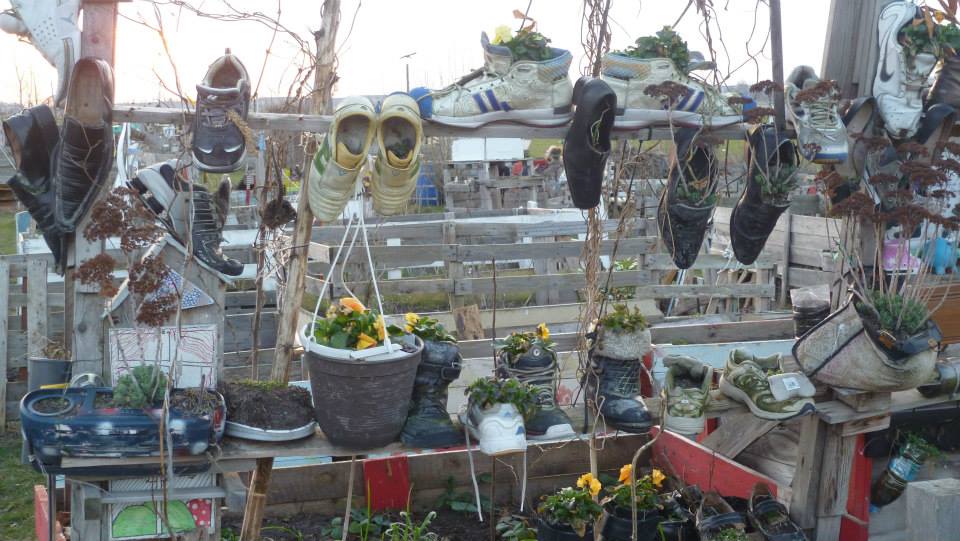Place making and place claiming
Perspectives on place making and claiming focus on the social (re)production of space and the contestations surrounding these processes. These relate to land use and access to land which are linked to underlying decision-making structures (e.g. privatization, internationalization).
From this perspective Berlin can be understood as a transient city that is always in the making as different interests compete around the disposition of urban (public) space. Contestation emerge where existing interests are threatened or challenged by others or where new groups claim stakes. For example, privatization of land reduces the availability of public space. Through urban regeneration and development or through processes of urban shrinkage, local identities change (which are often changed at the neighbourhood scale). The concept of the ‘right to the city’ coined by Henri Lefebvre argues how urban spaces should be inclusive, democratic and accessible to all residents.
After the closure of Tempelhof Airport in 2008, the field was opened for public use as park in 2010 following lobbying efforts by groups including The Greens to open the site to the public. Development plans by the Berlin Senate focused mostly on residential buildings but also some commercial and public projects along the edges of the site. But “citizens remained skeptical toward the construction of housing, a science park and an industrial estate on the vast empty airfield” (Hildbrandt, 2017: 537). The following discourses around the reuse of the field revealed tensions between different interests in terms of land use including green space versus development, public versus private and residential development private development. A public referendum in 2014 prevented the redevelopment of the disused airfield site, securing the site as a public park with designated areas for alternative temporary uses focused on common good and participation. Following the 2023 elections and only nine years after the referendum, the new government is reconsidering redeveloping the site.
Research questions from this perspective may include:
- Who has access to and is using the space? Who is excluded?
- What uses can be found? Which ones are maybe excluded?
- Who is involved in decision-making over land use processes?
- Who is benefitting from urban development / land use?

Suggested reading
Hilbrandt, H., (2017) Insurgent participation: consensus and contestation in planning the redevelopment of Berlin-Tempelhof airport, Urban Geography, 38:4, 537-556